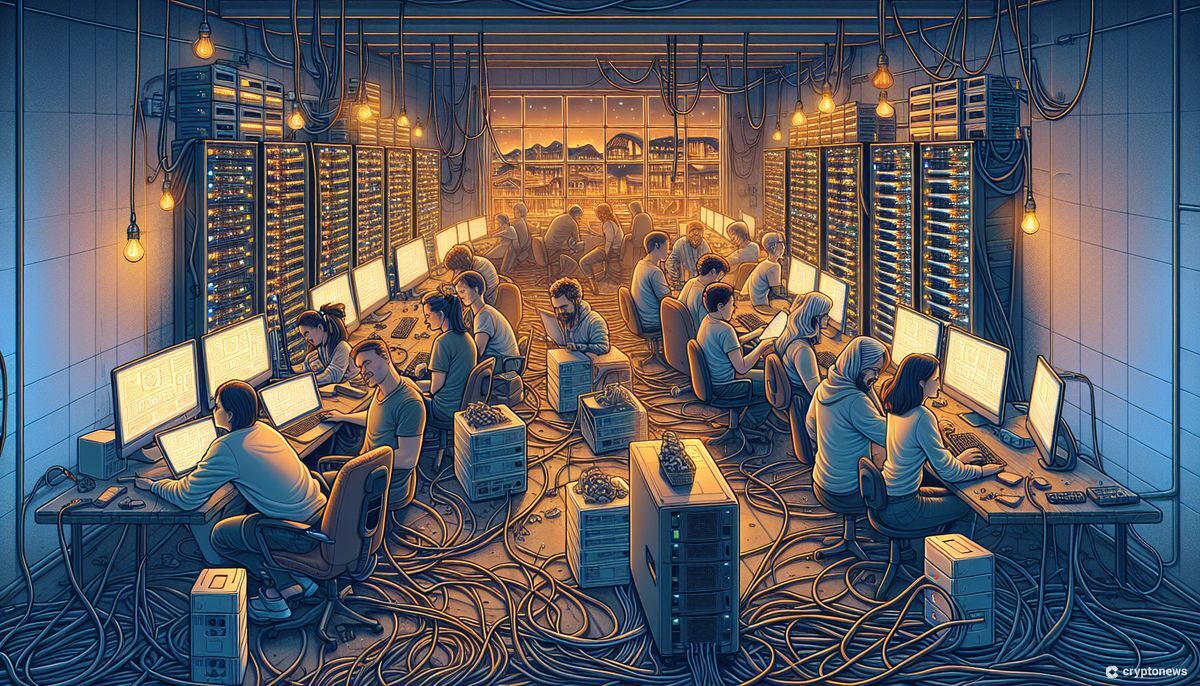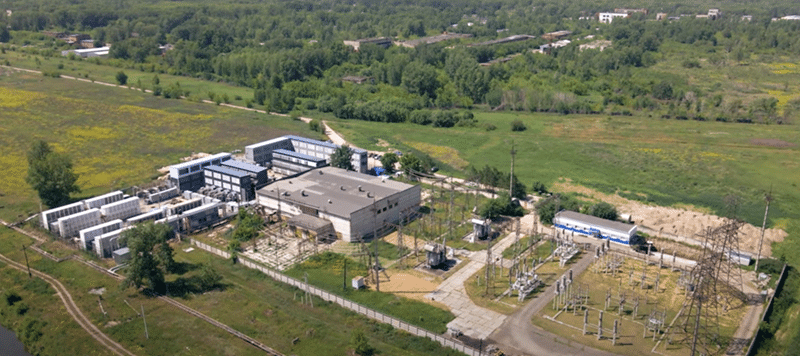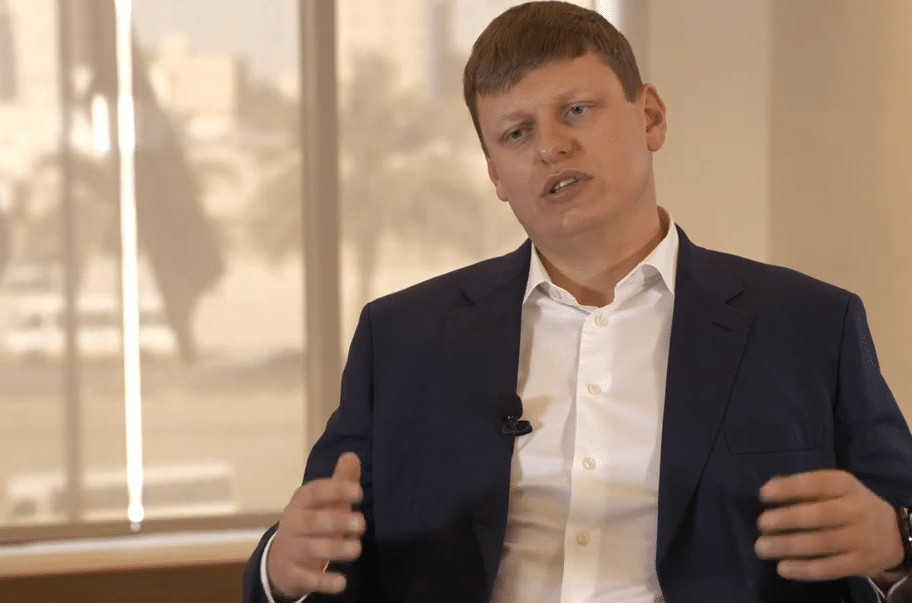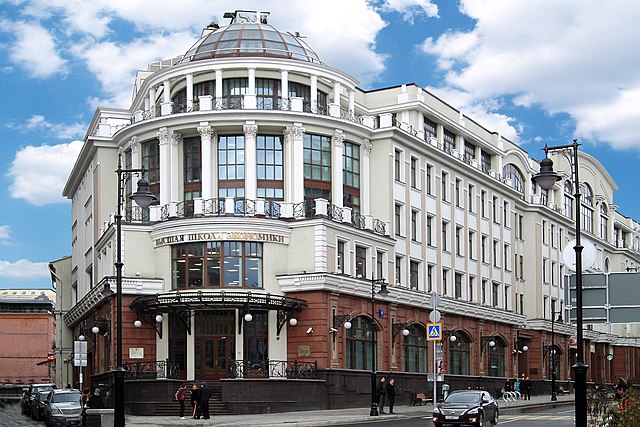[ad_1]

Russian power providers say crypto miners are to blame for “mass” electricity outages during recent cold snaps.
Per Interfax, Rosseti Siberia, the local branch of the state-run power provider Rosseti, “recorded an increase in the volume of illegal mining at the end of 2023 in a number of regions of Siberia.”
Rosseti Siberia claimed that this spike in activity had caused over $675,000 worth of damage.
The firm also claimed miners for an increase in the “occurrence of failures and accidents on networks during recent mass outages.”
Several Siberian regions reported power problems in mid-December when temperatures fell to unseasonal lows.
Rosseti Siberia added that it had closed down 17 “illegal” crypto mining farms in the territory in the past 12 months.
The provider said it had closed “illegal” data centers operating in the Krasnoyarsk, Omsk, and Khakassia regions.
These areas become hotspots for crypto miners. Several major Russian industrial crypto mining firms have set up centers in Siberia in the past decade.

Uncertain Future for Russian Crypto Miners?
Russia’s crypto mining industry remains in a precarious position. Cheap electricity and low winter temperatures have led to a huge rise in industrial mining in Siberia.
Industry insiders claim that Russia’s mining industry is now second only in size to that of the United States.
Top miners like Igor Runets, the CEO of BitRiver, claim that following April’s Bitcoin halving event, Russian mining profitability could eclipse that of the US by thousands of dollars per coin.

While some Russian lawmakers think the nation has much to gain from fostering the crypto mining industry, power providers are worried about strains on their networks.
Miners in nearby states such as Georgia, Kazakhstan, and the de facto nation of Abkhazia have been blamed for years of electricity-related issues.
Rosseti also claimed that mining could be “dangerous” for the operation of energy systems. The firm said:
“Our checks have shown that illegal consumption of electricity, including for [crypto] mining purposes, played a significant role in causing failures and accidents on networks.”
Mining has no legal status in Russia, a fact that industrial mining firms have been urging Moscow to redress for years.
However, politicians and regulators seem to be divided on the matter. The Central Bank has previously backed a ban on all forms of crypto-related activity, including mining.
In recent years, it has walked back these calls. Instead, it now calls for industrial miners to operate in a strict regulatory environment.
The bank also wants to force miners to sell their coins on international crypto exchange platforms.
Law enforcers have hit out at this plan, however, claiming that this could lead to a rise in money laundering.
Ministers propose banning private citizens from mining crypto, but allowing industrial miners to operate.
The energy ministry, which urgently wants to legalize industrial mining, recently suggested forcing industrial miners to pay higher electricity tariffs.
A mining industry body has rejected this claim, however, stating that this would likely lead to a rise in “hazardous” illegal mining.
🇷🇺 Russian Trade Ministry ‘Develops Tool That Lets Crypto Miners Evade Sanctions’
Russia’s trade ministry has developed a tool to help crypto miners evade Western sanctions.#CryptoNews #Russia #newshttps://t.co/nlfDfzoGaS
— Cryptonews.com (@cryptonews) November 15, 2023
A ‘Third Way’ Emerges for Russia’s Crypto Mining Conundrum?
Izvestia reported that a new paper from the Moscow-based National Research University Higher School of Economics has proposed another solution.
This would involve the forced “disconnection” of crypto miners “from the electrical grid” for “500 hours per year.”

This would mean that miners would need to power down their grids for almost 21 days. The paper was sponsored by Russia’s top mining industry group, whose director Sergei Bezdelov told Izvestia:
“Miners are ready to compromise. […] This move could suit everyone.”
The government has yet to comment on the paper. But the First Deputy Chairman of the State Duma’s Committee on Energy Valery Seleznev was quoted as expressing support.
The media outlet wrote that in Seleznev and Bezdelov’s opinion, “miners are not fussy, and can safely disconnect from the network if given prior warning.”
[ad_2]
Source link

